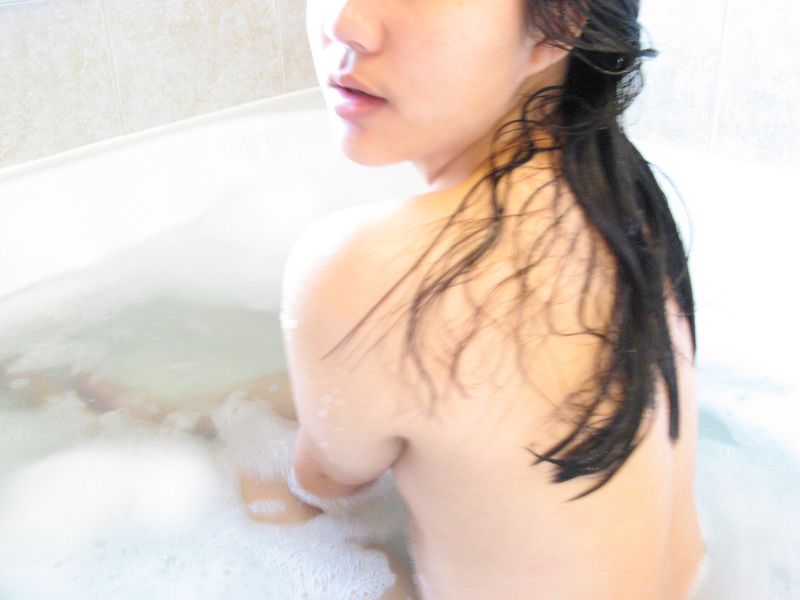Bathe in bleach? Sounds like a crazy idea, but a study was done at the Feinberg School of Medicine in Chicago seems to indicate an improvement in eczema in patients 9 months to 17 years.
“We and others have found anecdotally the addition of dilute (bleach) baths to be helpful in decreasing infection rates and disease severity” in children with eczema, Dr. Amy S. Paller, a pediatric dermatologist at Northwestern University.
What the study did
Nine patients bathed in a dilute bleach solution for 5-10 minutes twice a week; the dilution was 0.5 cup of 6 percent bleach in 40 gallons (151 litres) water. Additional plain-water baths were not restricted. In this group, mupirocin ointment was also applied inside the nose twice daily for 5 consecutive days per month. The purpose of this treatment was to eliminate Staphylococcus aureus, which can be carried in the nose.
The remaining 13 patients were assigned to the placebo group, bathing in plain water and using petroleum jelly instead of mupirocin.
The treatment group experienced significantly greater improvements in eczema severity than did the placebo group. Moreover, at 3 months, the body surface area affected by eczema fell by 23.7 percent in the treatment group versus by just 3 percent in the placebo group.
According to Chen Ing Fei’s article in the New York Times, this remedy works if your eczema is caused by a bacterial infection — Staphylococcus aureus. The article says “It turns out that scientists have long known that 90 percent of chronic eczema sufferers, unlike healthy people, carry Staph aureus on their skin. The nose, too, is a reservoir of the microbe, which touches off inflammation-stoking mechanisms that make rashes worse, according to Dr. Paller.
So what’s a bleach bath anyway?
The article goes on to describe a “gentle bleach bath” as half a cup of Clorox in a full bathtub. Another method is to wipe the affected areas every few days with a compress soaked with diluted bleach.
Is it safe?
Jennifer Lance at Eco Child’s Play thinks this remedy sounds dubious. In her article, “I’m trying to figure out how the hell this is safe. Something is seriously messed up about this and I’m feeling very sick over the idea of a child breathing the toxic fumes, having their body exposed to the toxic substance when bath time should be a safe place to play. Do the children drink the water? How does it not get in their eyes? How is this legal and okay?”
When you hear “bacterial infection”, the first thing you normally think of is antibiotics. But prolonged use of antibiotics can make the bacteria resistant over time, as mentioned in Time Magazine. “The bottom line is that the more antibiotics we use, the higher the risk for something becoming resistant to them,” says Dr. Paller. “The beauty of something like dilute bleach is that one doesn’t get resistance to it.”
photo credit: ichewmylips via photopincc


